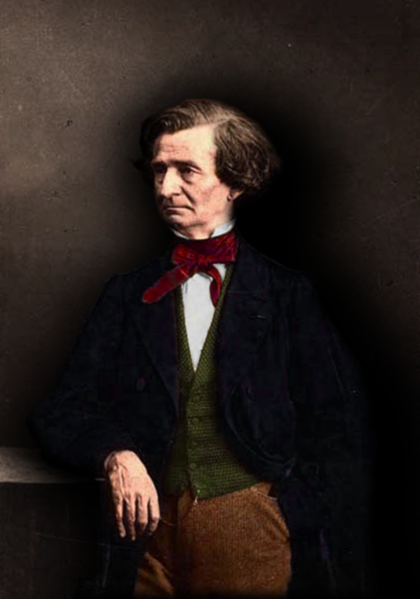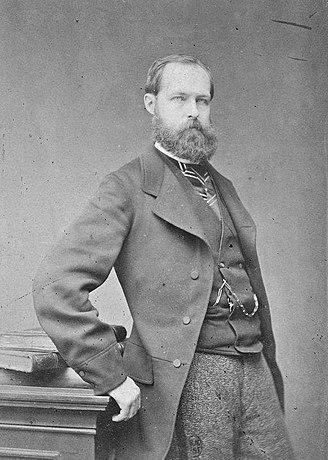Grenoble, Isère


The city of Grenoble, home to some 35,000 proud souls, was nestled in the middle of the French Alps, flanked to its west by the majestic Vercors, to its north by the Chartreuse, on its east by the Taillefer and the Belledonne. Formerly the capital of the Dauphiné, the mountainous city provided some of the best sceneries of France, which led the renowned Stendhal to comment “au bout de chaque rue … une montagne”.
As his carriage pulled in through the city gates, the good general could not help but to gaze toward the paysage “à couper le souffle”. A small gathering of the city’s notables had been prepared in support of a local candidate which MacMahon was supporting, industrialist Félix-Antoine-Justin Viallet, which had already made a name for himself in the glove making industry and was contemplating, with his business partner Joseph Bouchayer, expansion into the metallurgic industry, amongst other projects.
Braking his fast in such a good company, washing down the assortment of sausages, potatoes and fine vegetables with a healthy dose of claret, the general was discoursing on the economic development opportunities, deploring the lack of attention by so many of the political class with the realities and opportunities of France’s more rural regions.
“While I certainly support the embellishment of Paris, I must concur that a careful balance must be struck, for I fear that in certain corners of our polity, the project has gone from momentous to obsession. A large sidewalk in Paris does not put bread on your table, nor does it permanently employ the fair citizenry as a factory, or an atelier can. Grenoble has its needs, and I believe it to be of paramount importance to return a depute who understands its particular reality.”
Listening to a tirade by a local commerce owner against the program of the Union libérale, the good general stepped in.
“Gentlemen, let us not demonize those gentlemen of the Union libérale, for they are Frenchmen whose heart is in the right place, despite some unsound policies. This Kingdom provides us all with the promise to provide our political opinion, and the right to be wrong is certainly upheld and cherished by some”.
Laughter erupted at the slight barb.
“But back to the topic of industrialization, I believe there is much merit in Monsieur Bouchayer’s plan to expand into metallurgy. The railroad is expanding across France and the demand for steel is steadfastly rising, ensuring thus no small measure of prosperity for Grenoble. The industrialization of the South of the Kingdom must be encouraged and the necessary capital must flow from Paris, southward, rather than simply northward toward the industrial north. A good thing that an honest man of vision like Monsieur Viallet understands this.”













